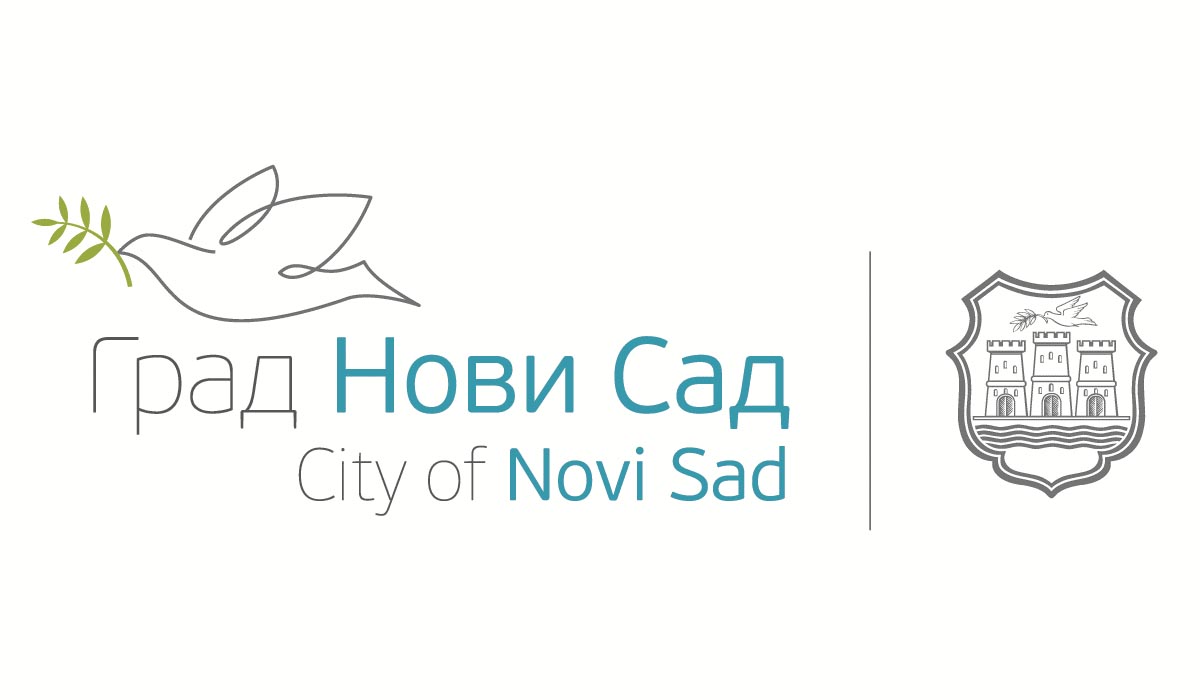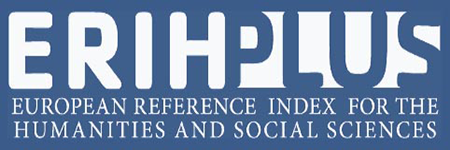THE LIFE OF SAINT CONSTANTINE THE GREAT IN ARMENIAN SYNAXARION OF TER ISRAEL
DOI:
https://doi.org/10.19090/i.2013.24.97-107Keywords:
Emperor Constantine, Armenian Synaxarion, Ter IsraelAbstract
Ter Israel, erudite and Armenian Church father from the beginning of the 13th century compiled, based on some earlier sources, synaxarion in the Armenian language for the needs of the Church of that Caucasian country. With some later additions, this synaxarion represents first class source for the church history of medieval Armenia. In the paper the Life of Saint Constantine the great and Empress Helen was treated, which can be found in this synaxarion under 21st of May, or 14th mareri according to the old Armenian calendar. This Life is for the first time translated into Serbian language with necessary comments and the analysis of the description of Emperor Constantine’s life. The author has given special stress on the sources used for writing this hagiographic work. One interesting thing is pointed out, namely the usage of passion of Saint Eusignius, but what is also notable, is not quite wide use of Life of Constantine by Eusebius, which is primary source for all hagiographic works about the first Christian emperor. Constantine’s conversion to Christianity provided in this Armenian menologion is described on the basis of Life of Saint Sylvester, which provides rather specific and most probably completely inaccurate data on Constantine’s conversion to Christian faith. There is a lot of Church tradition present in the writing, as well as Byzantine legends, for example the one on Saint Mitrophanos, the bishop of the city of Byzantion and the First Ecumenical council. The editors of the writing dedicated great attention to the emergence of Constantinople, which partially is in accordance with other historical sources.
Constantine’s mother, Empress Helen, is just briefly mentioned. Editors of the Armenian synaxarion mention only her origin, by using the already mentioned passion of Saint Eusignius. A part that, in a very short sentence her trip to Jerusalem and her alleged finding of the True Cross is described. The last data on her is in context of Constantine’s funeral. According to the authors of this Life, Emperor is buried alongside his mother Helen, which is not in accordance with historical sources.
Even though there are certain imprecise data, even inaccuracies, this work is especially interested as a contribution to the cult of Saint Emperor Constantine and Empress Helen in Armenia, one of the most ancient Christian countries and nations.













